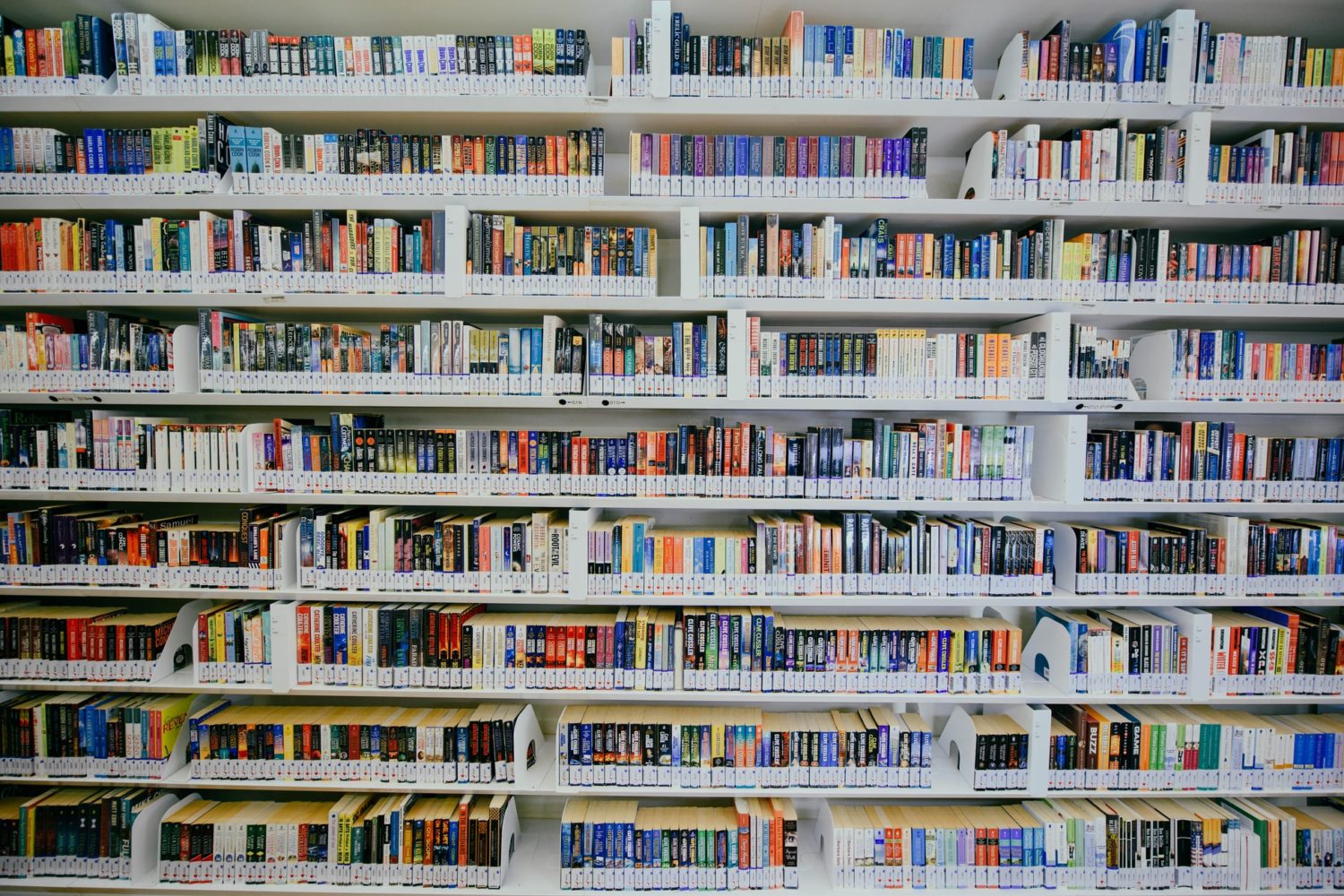Not that I’m usually concerned about trudging over previously covered ground but I probably should point out that this one is something that even I consider old material. Never mind: this has been rattling around in my head for a while, after the reading that I undertook in the school holidays. Not university reading, of course – this was more for fun. Trashy sci-fi – fiction that doesnt’ take itself seriously. Good fun, and full of archetypal military heroes – grim, brave men, surrounded by bloodshed and beautiful women.
I remember one of the seminal books in my teenage years was Ulysses by James Joyce. Now, it’s pretty common to argue that James Joyce changed your life, while secretly holding out for something altogether more trashy, but no less enjoyable for that, but I was intrigued by James Joyce for a number of reasons – but mostly because it was so different to the other books. It was, as Joyce said, a story about everyday heroism, or more precisely, the hero that is the everyday man.
When you’re 20 and convinced that fame, wealth and adventure lie just around the corner, then this is a bit of a nod-for-understanding, but doesn’t-really-apply-to-me. When, as an older reader, you revisit Ulysses, it has added meaning. Let me explain: our heroes – or at least, those who are called heroes – in popular media are those men and women that do incredible things – singlehandedly outfighting whole armies of terrorists, neutralizing bombs and threats and aliens, barely grimacing when they are shot. The seem to draw on inexhaustible supplies of strength, of courage, of bravery, of willpower.
Fair enough. I mean, whatever floats your boat, and clearly, this description of heroism floats a lot of people’s boats. But, and here’s the thing, it’s important that we remember that these figures are fictional. They simply don’t exist in the way that they are presented in these books. Heroism in these books is a regular occurrence – trouble and danger seem to follow these men and women around.
In reality, those few men and women who have faced these kinds of dangers have, more often than not, died – and those that haven’t are often scarred by the experience. Their moments of heroism are fleeting, quickly passed. It’s not a habit, it’s not a way of life. At the end of the day, the odds get everybody. I’m not denigrating the work of people in the armed forces or the police services or whatever – I’m just identifying the difference between reality and fiction.
So who are our real heroes, then? The reality is far more complex, of course – and these heroes are rarely as straightly drawn as they appear in fiction. And what about our heroes that don’t carry guns, or swords or whatever? If heroism is facing up to what would make other men and women run away, then there are plenty of people who meet this category – and very few of them need to hold guns.
Heroism is a much more than a physical act – and in a world that seems to be increasingly violent, perhaps the courage we should be encouraging is the courage of a more moral kind – which seems to be disappearing as quickly as physical courage is increasing. Of course, I’m simplifying here, and often one kind of courage bleeds into another, but I think we should laud those who demonstrate moral courage as much as we do those who show physical courage. And we should laud those who work, tired, stressed and half-formed, to make our world a better place, by virtue of the care they show for each other. Those are who our real heroes are.
